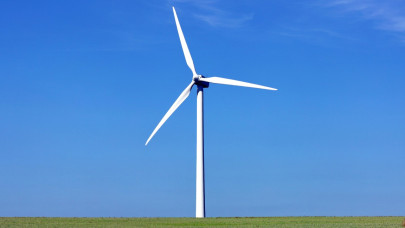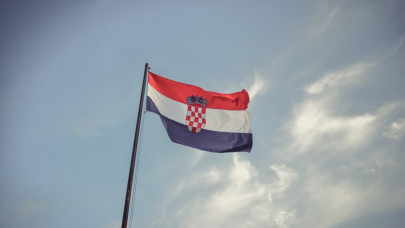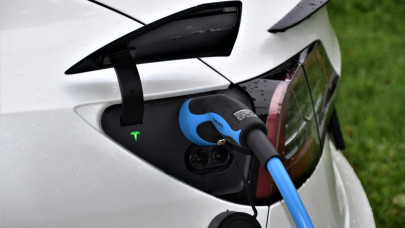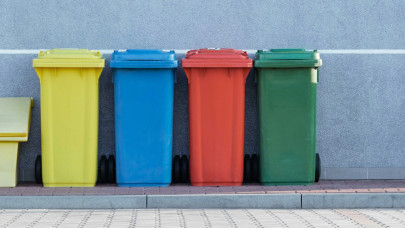Although green hydrogen, produced from water using electrolyzers powered by renewable sources, is currently less competitive than gray hydrogen, which is derived from fossil gas, developers of green hydrogen projects in the EU can expect substantial subsidies.
The approval of the IPCEI Hy2Infra project by the European Commission marks a significant step towards enhancing the supply of renewable hydrogen, reducing reliance on natural gas, and aligning with the goals of the European Green Deal, REPowerEU plan, and the EU Hydrogen Strategy.
Led by France, Germany, Italy, the Netherlands, Poland, Portugal, and Slovakia, the project will see significant participation from 32 companies, including five small and medium-sized enterprises (SMEs), across multiple member states. Participants such as Air Liquide, Gasunie, RWE, SNAM, Lhyfe, Thyssengas, Linde, and Saipem aim to enable various economic sectors to lower their carbon emissions.
IPCEI Hy2Infra will support the deployment of large-scale electrolyzers, new hydrogen transmission pipelines, hydrogen storage facilities, and handling terminals for liquid organic hydrogen carriers (LOHC) across the EU. The project will kickstart the development of an EU-wide hydrogen infrastructure, with key milestones expected between 2026 and 2029.
The project complements previous IPCEIs focusing on hydrogen technologies for end-users and hydrogen applications in the industrial sector. It aligns with the EU's goal of achieving 10 million tons of domestic renewable hydrogen production and imports by 2030, as outlined in the REPowerEU plan.
Additionally, companies involved in the IPCEI Hy2Infra project will return part of the aid to their respective member states if they generate extra net revenues, ensuring accountability and sustainability. France, Germany, Poland, and Portugal have included their participation in their national recovery and resilience plans, enabling them to partially fund projects through the EU's Recovery and Resilience Facility.














